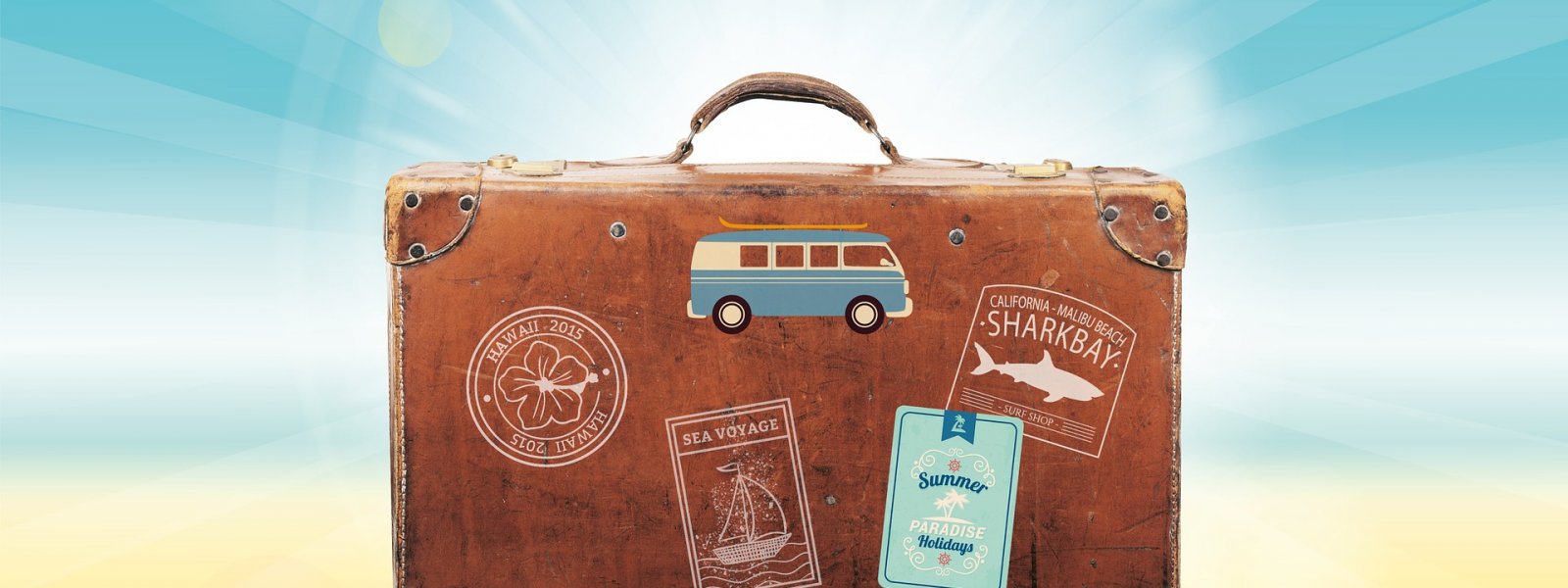Travelling abroad with PH
Having pulmonary hypertension shouldn’t stop you enjoying a summer holiday overseas – it just requires a bit more planning. Here, we answer the travel questions we hear most often in the PHA UK office.
Do you recommend any insurance providers who cover people with PH?
This is probably the question we get asked the most. The following insurance companies have been recommended to us by PHA UK members who have had good experiences with them when travelling abroad:
Staysure – 0800 033 4902 www.staysure.co.uk
Able2travel – 0845 839 9345 www.able2travel.com
Freedom Travel – 0870 774 3760 www.freedominsure.co.uk
The British Insurance Brokers’ Association (BIBA) can also provide you with a list of insurers who cover people with PH. For more details, visit www.biba.org.uk or phone the helpline on 0870 950 1790.
Look at travel insurance before booking your holiday so you don’t have any nasty surprises. Quotes very much depend on the individual and where you are travelling to.
You must declare that you have pulmonary hypertension, even if it’s very stable. And you must declare any other pre-existing conditions too. It can be tempting not to, in order to keep the costs down, but it’s not worth the gamble. We’ve heard from members who have been unable to claim because they haven’t been honest, and therefore had to pay out thousands. Unfortunately, you will need to pay extra for insurance. It seems unfair, and it probably is unfair, but you don’t want to be worrying while you are away.
What do I need to think about in terms of oxygen?
Travelling by air with oxygen will require a fair amount of additional planning and unfortunately, due to tightening regulations and security, it has become more difficult to organise your own oxygen for flights.
Well before you begin planning your holiday, on your next clinic visit, ask your specialist if you need oxygen to fly. Not everyone with PH needs to, but it’s your specialist, not your GP, who should make that decision.
As a rule of thumb, the further the flight is, the more likely it is that you will need oxygen.
The majority of airlines will charge extra for oxygen. As an organisation we think that’s wrong, but unfortunately that’s the way it is at the moment.
There are UK-based companies that can help by supplying PH patients with portable concentrators for flights that don’t provide oxygen themselves, and for use during the holiday. One of them is Pure O2.
A HOOF (Home Oxygen Order Form) may be required; please check this with whoever prescribes your oxygen. Although more expensive, a cruising holiday could be an alternative if flying presents too many obstacles. If you do decide to fly, then our ultimate advice is to check requirements directly with the airline before booking a flight to avoid wasting money.
When should I ask about a fit to fly letter?
It used to be that fit to fly letters lasted six months or a year, but things have changed. Now, we advise phoning your specialist centre at least six weeks before you fly, as you’ll need a letter dated as close to departure date as possible. Airlines are becoming much more exacting and will vary in terms of what they require, so again, be sure to check with them in good time – regardless of what they said last time you flew.
Fit to fly letters must be obtained from your specialist centre, not from your GP.
What happens if I get ill abroad?
A UK Global Health Insurance Card (GHIC) gives you the right to access state-provided healthcare during a temporary stay in the European Union (EU).
Following Brexit, it has replaced the old European Health Insurance Card (EHIC).
Find out more about the GHIC and apply for it here
The GHIC does not replace insurance, so you will still need to organise this before you travel.
It’s common to get a stomach upset when abroad, so we advise visiting your local pharmacy before you travel to stock up on over-the-counter medication and rehydration sachets, just in case. It’s also a good idea to take a first aid kit away with you. If you fall ill and can’t find anyone who speaks English, having a smartphone allows you to use ‘Google translate’ to communicate – simply type in the words in English and select the language you need to convert it to. Always keep a list of your medications on you too.
















